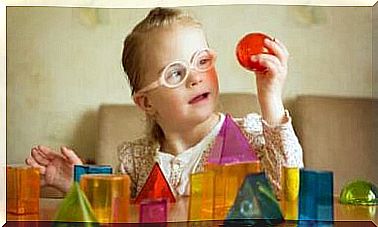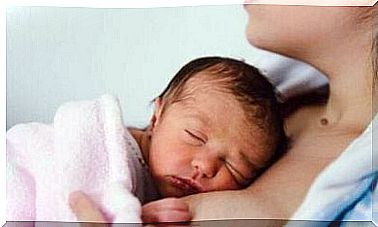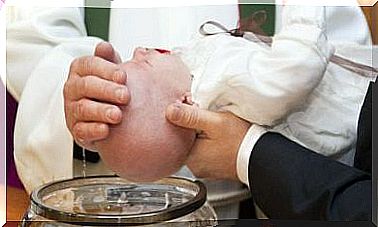Calcium, Iron And Zinc During Pregnancy

Nutrition plays an important role during pregnancy. Calcium, iron and zinc are among the most important nutrients in our diet. A balanced diet has many benefits for pregnant women. It also encourages the baby to grow up perfectly healthy.
Calcium, iron and zinc are essential during pregnancy as they influence the proper development of the fetus. A gynecologist will therefore often recommend a diet from the first trimester.
She will usually also prescribe nutritional supplements as a higher intake is needed from the beginning of the pregnancy.
The benefits of calcium, iron and zinc during pregnancy

All these nutrients contribute in a specific way to the nutrition of mother and child during pregnancy. Their nutritional contribution is so important that it is recommended to take them individually.
The main benefits of calcium, iron and zinc have to do with fetal development. For the mother, however, they are a way to promote health and protect the organs involved.
Let’s take a look at how these nutrients are involved in the health and development of a pregnancy.
Calcium
Calcium is necessary during pregnancy as it contributes to the bone formation of the baby. 1000 milligrams of calcium should be taken daily during pregnancy. To increase the calcium level, it is recommended to drink two glasses of milk daily.
While milk and other dairy products are the largest source of calcium, it is also found in other foods such as:
- almonds, hazelnuts and walnuts
- Broccoli
- parsley
- seaweed
- cabbage
- raw fruits and vegetables
Iron
Iron is very important because it is necessary to make hemoglobin. Iron is responsible for the circulation of oxygen in all body cells of the pregnant woman and baby.
It is recommended to take 27 to 30 milligrams of iron per day during pregnancy. Iron is therefore prescribed at the beginning of the second trimester.
Foods recommended to increase iron levels are:
- lean meat
- fish
- Eggs
- cereals
- fruits such as strawberries, melon, pineapple, papaya, guava, mango, figs and plums
Zinc
In most cases, zinc is found in muscles, especially in red and white blood cells. This mineral should be taken in the amount of about 9 milligrams daily during pregnancy.
Zinc plays an important role as it is a special component of the enzymes that improve brain activity. This nutrient is also involved in protein synthesis. It should be taken during pregnancy as it is part of the growth hormone.
Here is a list of foods that contain zinc:
- red meat (always well done during pregnancy)
- fish
- vegetables and legumes such as beets, lettuce, cabbage, carrots and spinach
- fruits such as peaches and oranges
- milk
- beans
Calcium, iron and zinc must be accompanied by folic acid
Folic acid is a water-soluble vitamin that is part of the vitamin B complex. It is important for the formation of the brain and spine of the fetus.
This dietary supplement is recommended as it reduces the chances of the baby being born with spinal problems. The dose should be doubled during the first three months of pregnancy.
Every meal should be balanced and varied. This can be achieved, for example, with the combination of 5 colours: red, purple, white, orange and green at each meal. Each color means added nutritional values.

Foods containing folic acid:
- oranges
- pumpkin
- Broccoli
- egg yolk
- watercress
- chard
- fruits such as strawberries, raspberries, oranges, mango, melon and kiwi
If a pregnant woman wants to take in all these vitamins and minerals, this does not necessarily mean that she has to follow an excessive diet. An average diet is still recommended so that the baby can be born with an appropriate weight.
Think of the baby first, as there can be complications during and after pregnancy.
However, it is important to avoid too many fats, both for the mother and the baby, with the aim of preventing obesity and high cholesterol.
As mentioned above , the presence of vegetables, grains and fruits during pregnancy provides many benefits for the development of the fetus.









